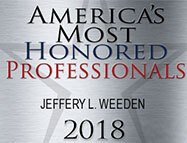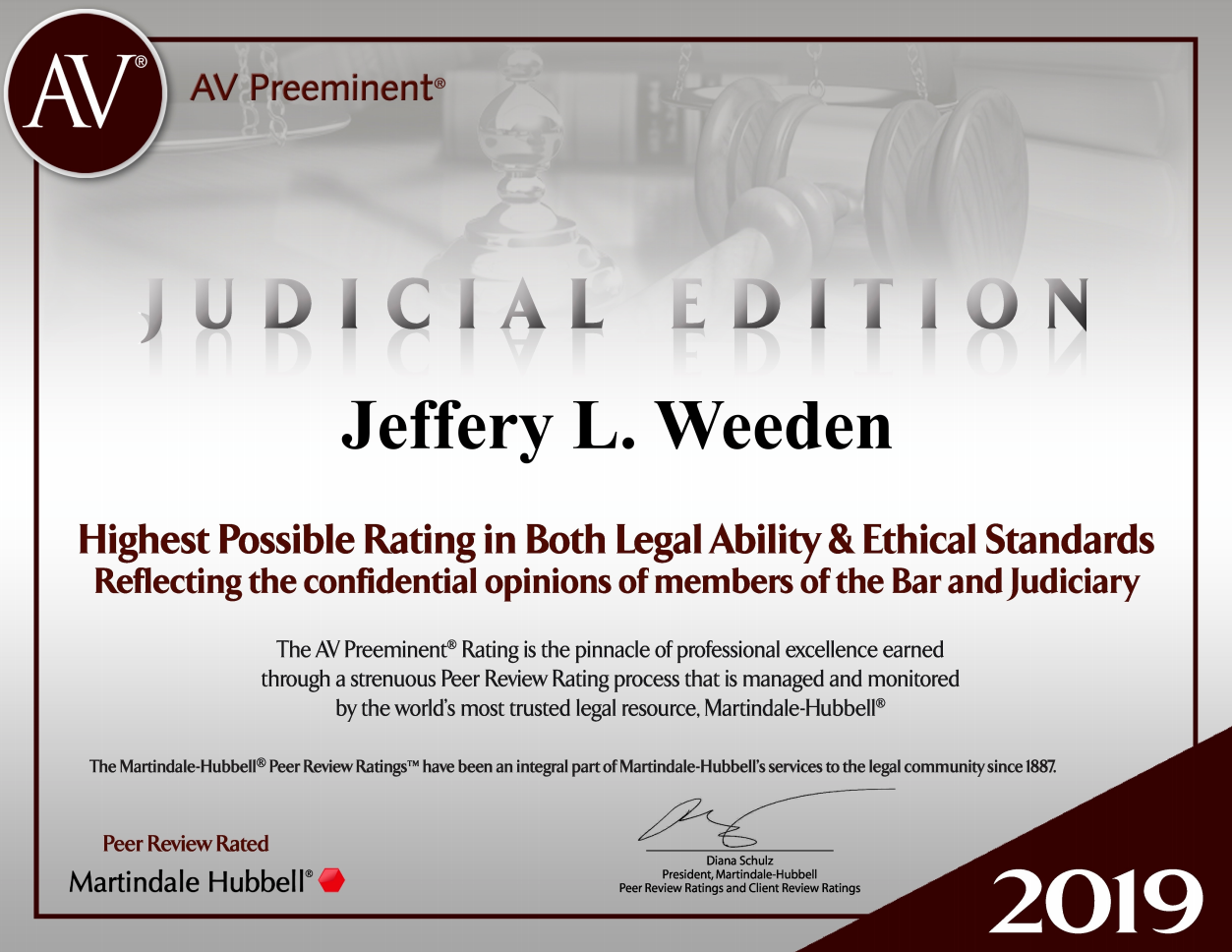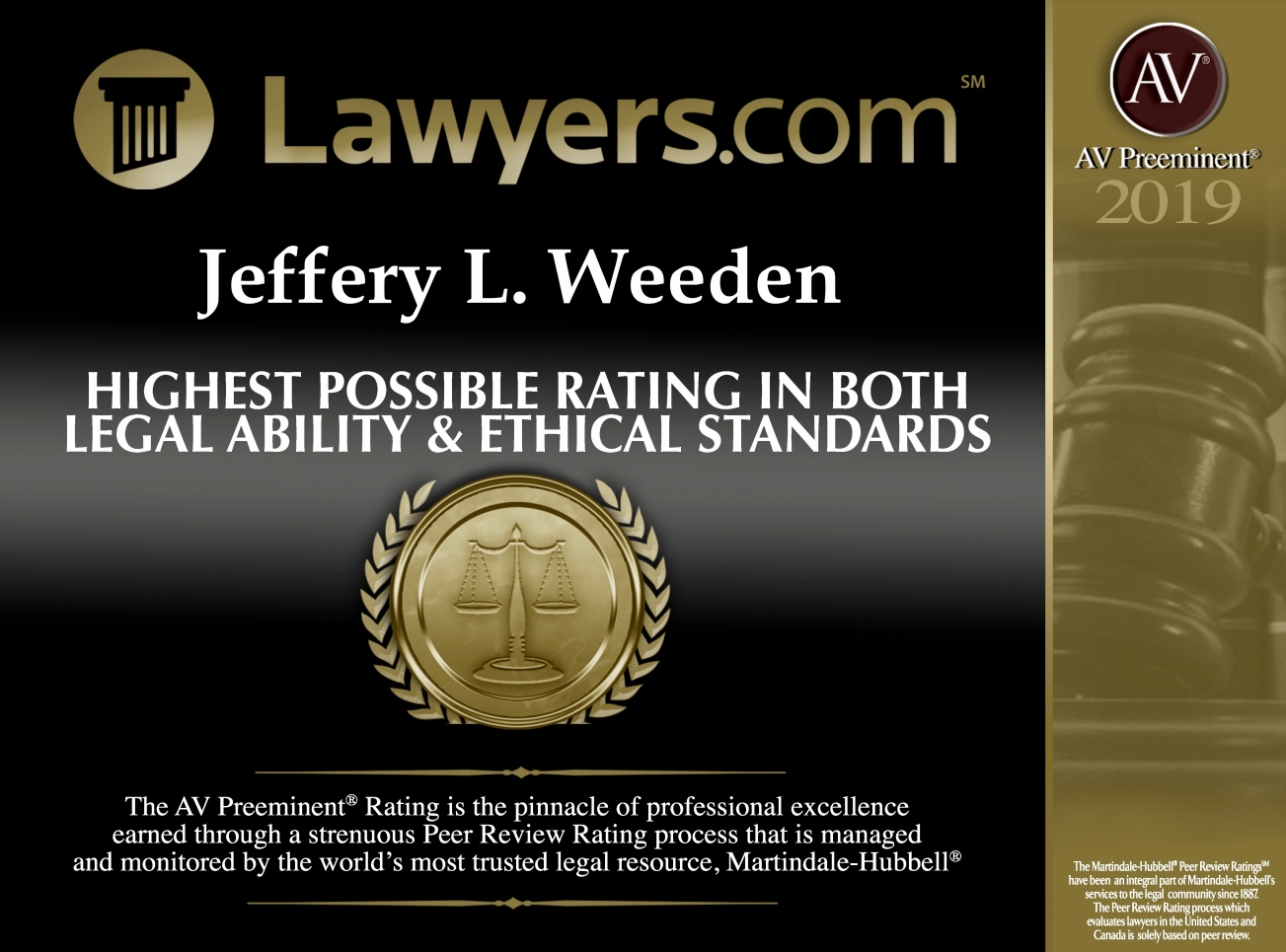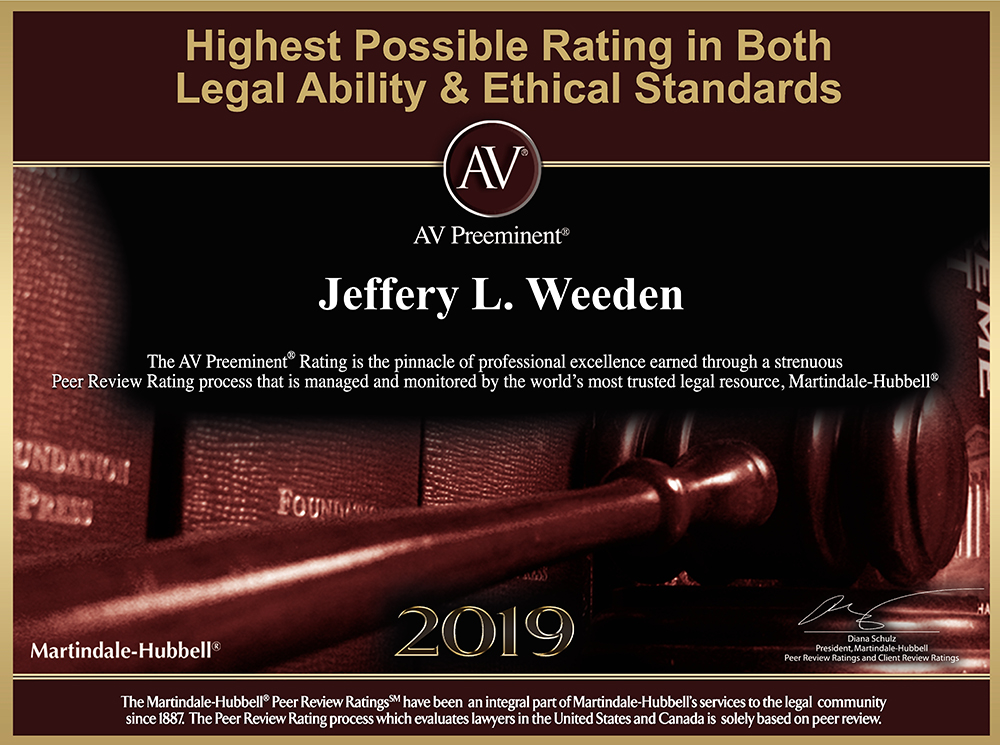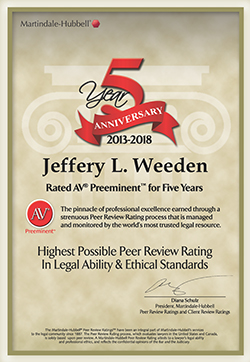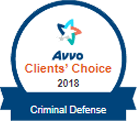Denver Wildlife Suspension Defense Attorney
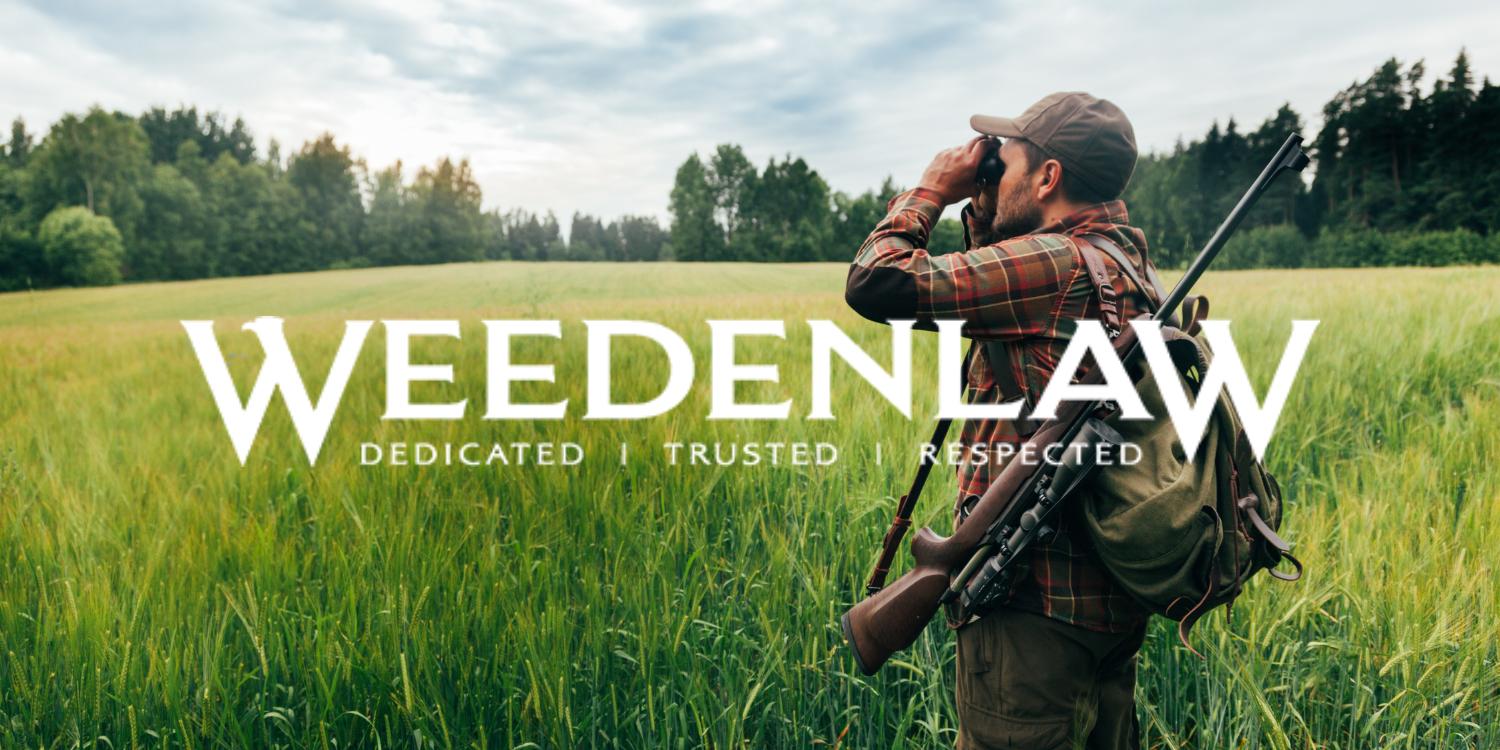
Colorado is known for its expansive wildlife scene, with hunting, trapping, and fishing being favorite hobbies of many Coloradans. Of course, there are laws concerning these practices that are strictly enforced, and any person who violates these rules may lose his or her hunting and fishing privileges.
Whether fighting wildlife charges to get a deal you can live with or preparing to win at trial, the experienced Denver wildlife violation attorneys at WeedenLaw are focused on results– the BEST results. We have experience working with Colorado Parks and Wildlife (CPW) personnel and city, county, and federal agency prosecutors regarding hunting and fishing violations. If necessary, our legal team can provide strong, unparalleled defense and trial preparation for wildlife charges in Colorado and nationwide.
If you received a notice of hearing after a wildlife suspension, you need experienced Colorado wildlife suspension hearing counsel on your side ASAP. Call Denver attorney Jeff Weeden at 720-307-4330 for a free consultation regarding your case today!
What is a Colorado Wildlife License?
In Colorado, as with most other states, persons wishing to participate in recreational hunting, fishing, or trapping must have a valid license (or licenses). There are many different types of licenses, including those specific to Colorado residents, non-residents, minors below a certain age, and more. They are also specific to the sport (hunting, fishing, or trapping) and whether the target is considered small or big game.
In order to obtain a hunting license, you must complete and pass a hunter education course and obtain a hunting safety certification. In addition, anyone between the ages of 18 to 64 must purchase the Habitat Stamp to buy or apply for a hunting license. Most licenses must also be renewed every year (365 from the date of the license’s date of purchase). However, there are cases where certain residents may obtain lifetime licenses.
While in effect, these licenses allow individuals to legally partake in certain wildlife sports and activities in the state of Colorado. However, this does not mean that such individuals are immune to any and all wildlife violations. There are still certain rules and regulations that hunters, anglers, and trappers must follow. Failure to comply with these regulations may result in the suspension of his or her license privileges.
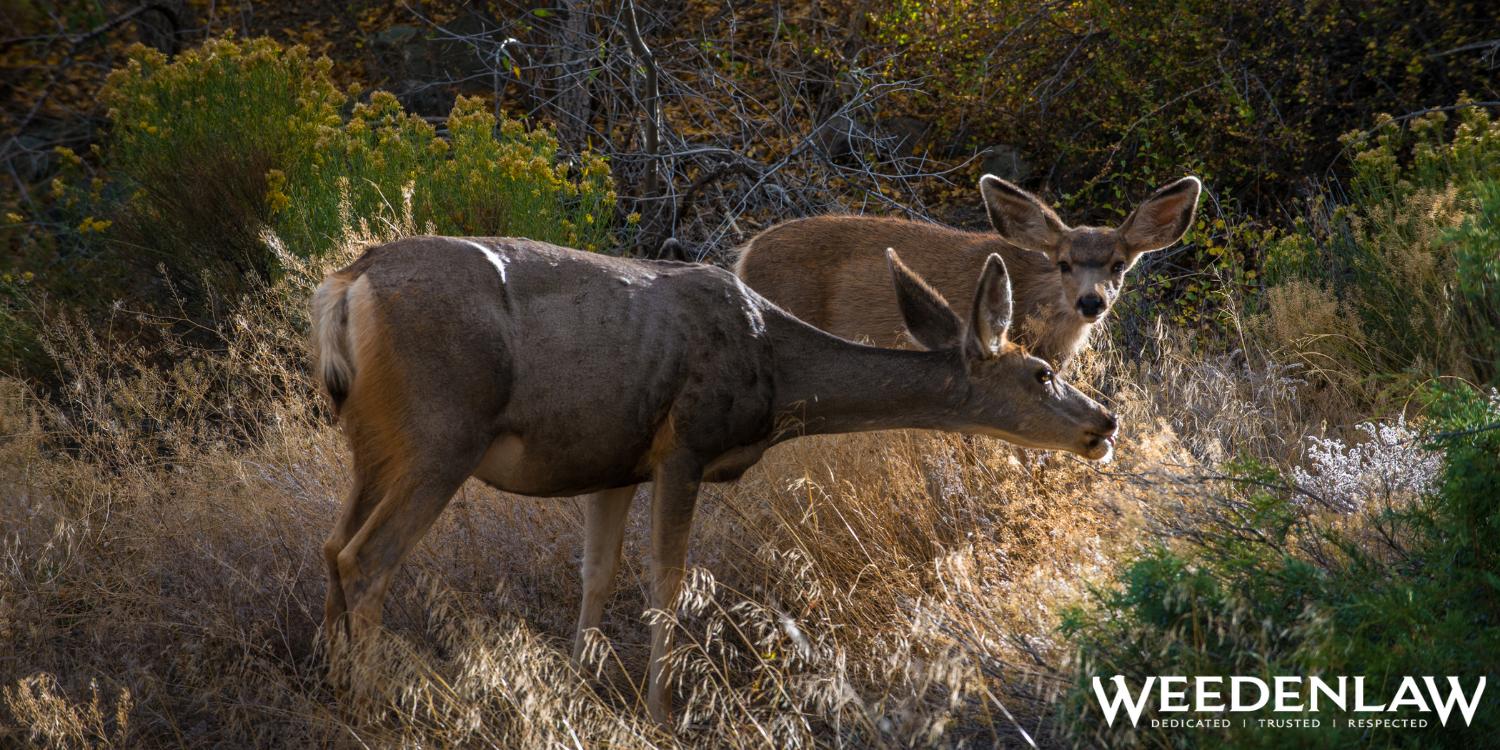
How Much Does a Hunting and Fishing License Cost in Colorado?
The price to purchase a hunting and/or fishing license depends on many factors. As such, the type and size of the specific wildlife as well as the age, residency, and even income level of the applicant will all affect the price of the license.
You can find the fees for 2022-2023 Colorado fishing and small game licenses and 2022-2023 Colorado big game hunting licenses here.
Interstate Wildlife Violator Compact
The Interstate Wildlife Violator Compact is an agreement in which participating states recognize suspensions of hunting, fishing, and trapping licenses in other member states. Essentially, what this means is that illegal activities in one member state may affect your hunting or fishing rights in all participating states.
What States are Included in the Interstate Wildlife Violator Compact?
Participating states include Alaska, Alabama, Arkansas, Arizona, California, Colorado, Connecticut, Florida, Georgia, Iowa, Idaho, Illinois, Indiana, Kansas, Kentucky, Louisiana, Maryland, Maine, Michigan, Minnesota, Missouri, Mississippi, Montana, North Carolina, North Dakota, New Hampshire, New Mexico, Nevada, New York, Ohio, Oklahoma, Oregon, Pennsylvania, Rhode Island, South Carolina, South Dakota, Tennessee, Texas, Utah, Virginia, Vermont, Washington, Wisconsin, West Virginia, and Wyoming.
States NOT included in the Wildlife Violator Compact include Delaware, the District of Columbia, Hawaii, Massachusetts, Nebraska, New Jersey.
Penalties for Wildlife Violations in Colorado
Similar to how the DMV has a point system for driving privileges, Colorado uses a point system for hunting and fishing privileges. Put simply, every new hunter or fisherman starts out with 0 points on their license. If a court convicts you of a wildlife offense (or if you plead guilty), you’ll receive points based on the type of violation in question.
Violations can result in anywhere from 10 to 20 points, but CPW can still tack on one or two additional points depending on the offense. If you earn 20 points within a five-year period, the state may choose to suspend wildlife license privileges on your behalf.
The least serious offenses may warrant 10 points on your license. Some examples of 10-point violations include:
- Use of a motor vehicle or aircraft
- Use of wildlife as bait
- Damage or destruction of dens or nests
- Tampering with a trap
- Fishing without a license
Examples of 15-point violations include:
- The pursuit of wounded game
- Possession of a loaded firearm in a motor vehicle
- Hunting, fishing, or trapping out of season
Receiving twenty or more points puts you at risk of losing your privileges immediately. Examples of a 20-point violation include:
- Hunting with artificial light, night vision, or thermal imaging devices
- Willful destruction of wildlife
- Hunting under the influence
The length of a license suspension typically ranges from a few months to up to five years. However, more serious crimes (such as hunting endangered or threatened animals) can result in longer suspension and even potentially a permanent suspension. In addition, if your license privileges have been suspended three or more times, a lifetime suspension may ensue.
What’s more, depending on the offense committed and whether you broke state or federal law, you may be facing more than just minor citations and the loss of your wildlife license privileges. In some cases, you may be met with large fines and even jail time.
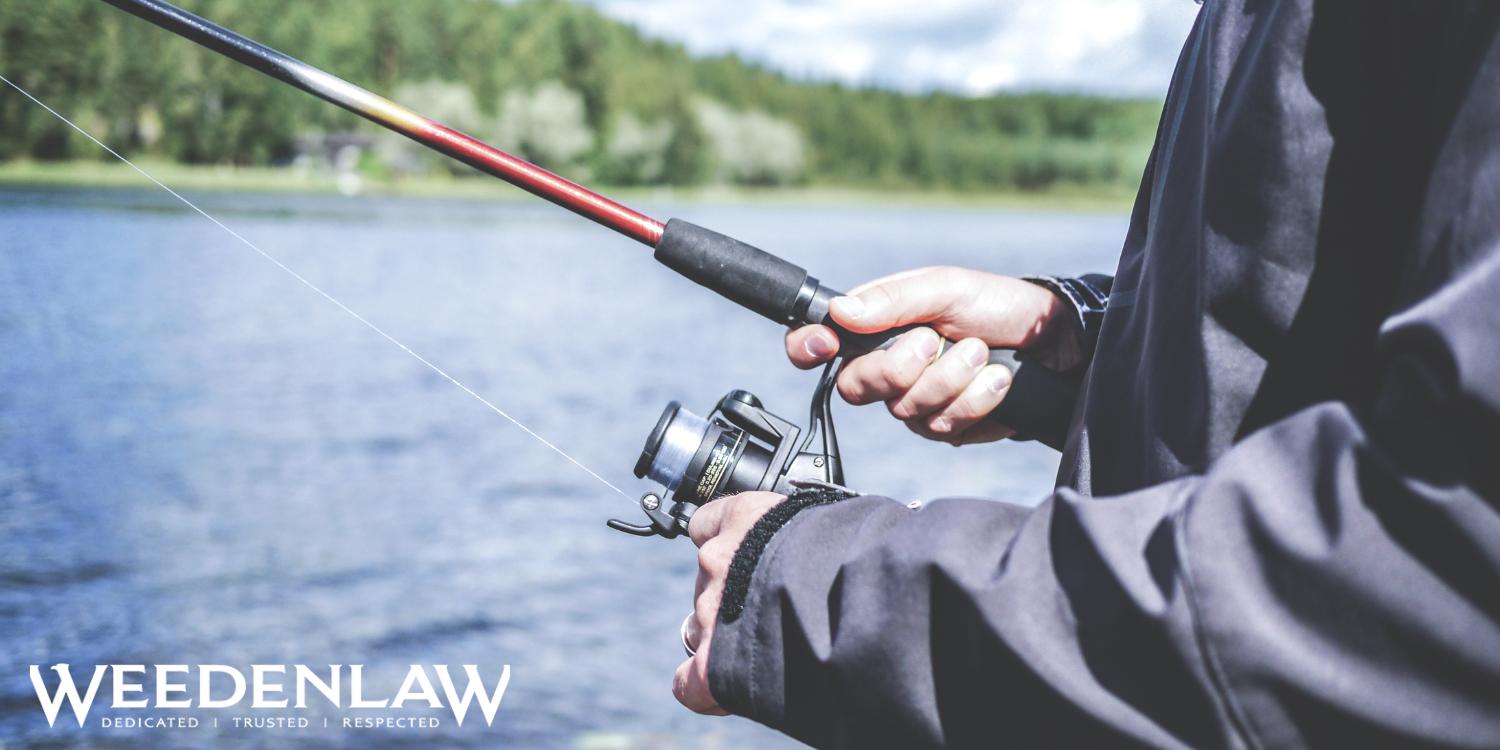
Charges Associated With Wildlife Suspension Hearings
Some of the more common wildlife charges our Denver criminal defense attorneys at WeedenLaw regularly handle include:
- Hunting Without a License
- Fishing Without a License
- Illegal Taking (Unlawful Taking)
- Illegal Possession (Unlawful Possession)
- Failure to Dress (Waste of Wildlife)
- Suspension Hearing Preparation and Representation (Before the State Hearing Examiner)
- Mid-Suspension Review under C.R.S. 33-6-106(9) (H.B. 1330)
- Hearing Preparation and Representation (Before the Parks and Wildlife Commission)
- Trespassing (Hunting and Agricultural)
- Firearm Violations (including Menacing)
- Outfitting Violations
- Federal Wildlife Violations
- Lacey Act Violations
- Interstate Wildlife Violator Compact Issues
- Illegal Transfer of a License
- Firearm Violations
- Illegal Outfitting
What Happens at a Wildlife Suspension Hearing?
Before a license may be suspended, the alleged wildlife violation must go before a Hearing Officer from the Colorado Parks and Wildlife Commission. According to the CPW website, “The Hearing Examiner will review the wildlife violation and conviction records and conduct a wildlife license suspension hearing to determine if a suspension is appropriate based on the circumstances of the case and factors established in regulation.”
Anyone who is considered for a suspension of license privileges should be provided license suspension hearing notices in the form of a certified letter stating the specific offenses and the date of the hearing. This allows them the opportunity to appear at the hearing–typically held at a regional or area office–and argue their case. The Commission possesses the authority to suspend the accused’s privileges until “satisfactory evidence of compliance with the terms of the summons, complaint, summons and complaint, penalty assessment notice, or other official notice of violation has been furnished to the division.”
Once a conviction is one day more than five years old, it “drops off” any possible points related to the suspension of license privileges. A conviction may result from:
- A court conviction
- Penalty assessment (payment of fine)
- A deferred or suspended sentence
- Nolo contendere plea (no contest)
- Forfeiture of bail
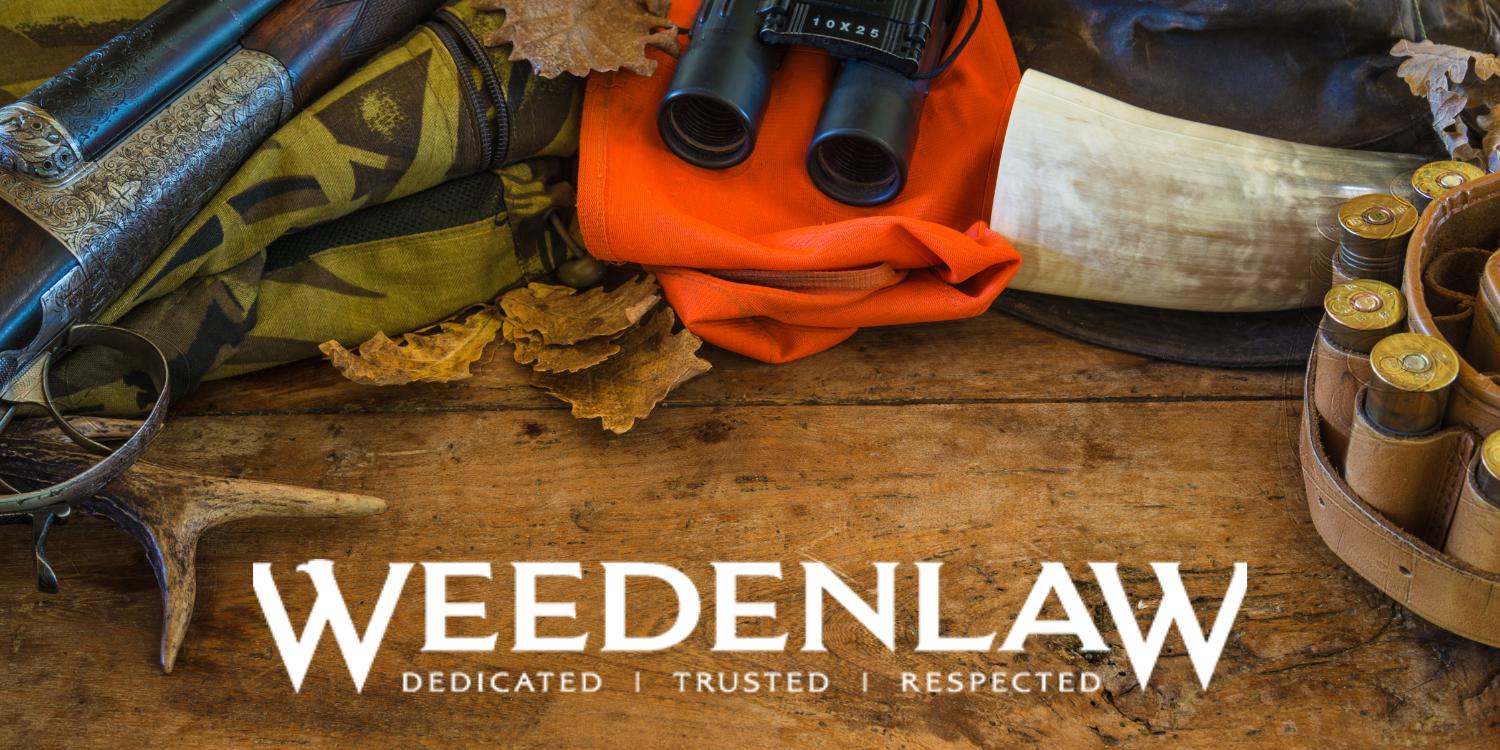
Violation of Wildlife License Suspension
According to C.R.S. § 33-6-106(6):
Any person whose license privileges have been suspended shall not be entitled to purchase, apply for, or exercise the benefits conferred by any license issued by the division until such person’s suspension has expired. Any person who violates this subsection (6) is guilty of a misdemeanor and, upon conviction, shall be punished by a fine of five hundred dollars. Conviction under this subsection (6) shall result in an automatic two-year extension of the existing suspension added to the end of the original suspension unless such person was under a lifetime suspension when such violation occurred. If a person is under a lifetime suspension and violates this subsection (6), such person shall be guilty of a misdemeanor and shall be punished by a fine of not less than one thousand dollars nor more than ten thousand dollars or by imprisonment in the county jail for not more than ninety days, or by both such fine and imprisonment.
Call WeedenLaw ASAP For Aggressive Defense Against Your Wildlife Violations
In Colorado, it is a person’s privilege to partake in recreational fishing, hunting, and other wildlife-related activities – not their right. The state makes sure that anyone found violating Colorado’s wildlife laws is prosecuted to the fullest extent. This is why it’s so important that those facing such convictions obtain the help of an experienced wildlife lawyer like Jeff Weeden.
Wildlife prosecutions of sportsmen are different from most other criminal cases and require attorneys with plenty of experience regarding the defense of hunting allegations, charges, and prosecutions. Depending on the alleged wildlife violation issued, you may face far more serious penalties than just the suspension of your license. And don’t forget, if you lose your hunting and fishing license in Colorado, you will also lose your hunting and fishing privileges in 44 other states.
Having the dedicated legal team at WeedenLaw on your side can have a major impact on whether or not the Hearings Official suspends your license. An aggressive criminal defense attorney from our firm can help you understand what to expect from a hearing as well as make sure you are taking responsibility for the correct mistakes.
If you’ve found yourself in a position where there’s a chance the state could suspend your license, call a top Colorado wildlife defense lawyer at WeedenLaw at 720-307-4330 or complete the online intake form found here for a free consultation regarding your wildlife and fisheries case.







